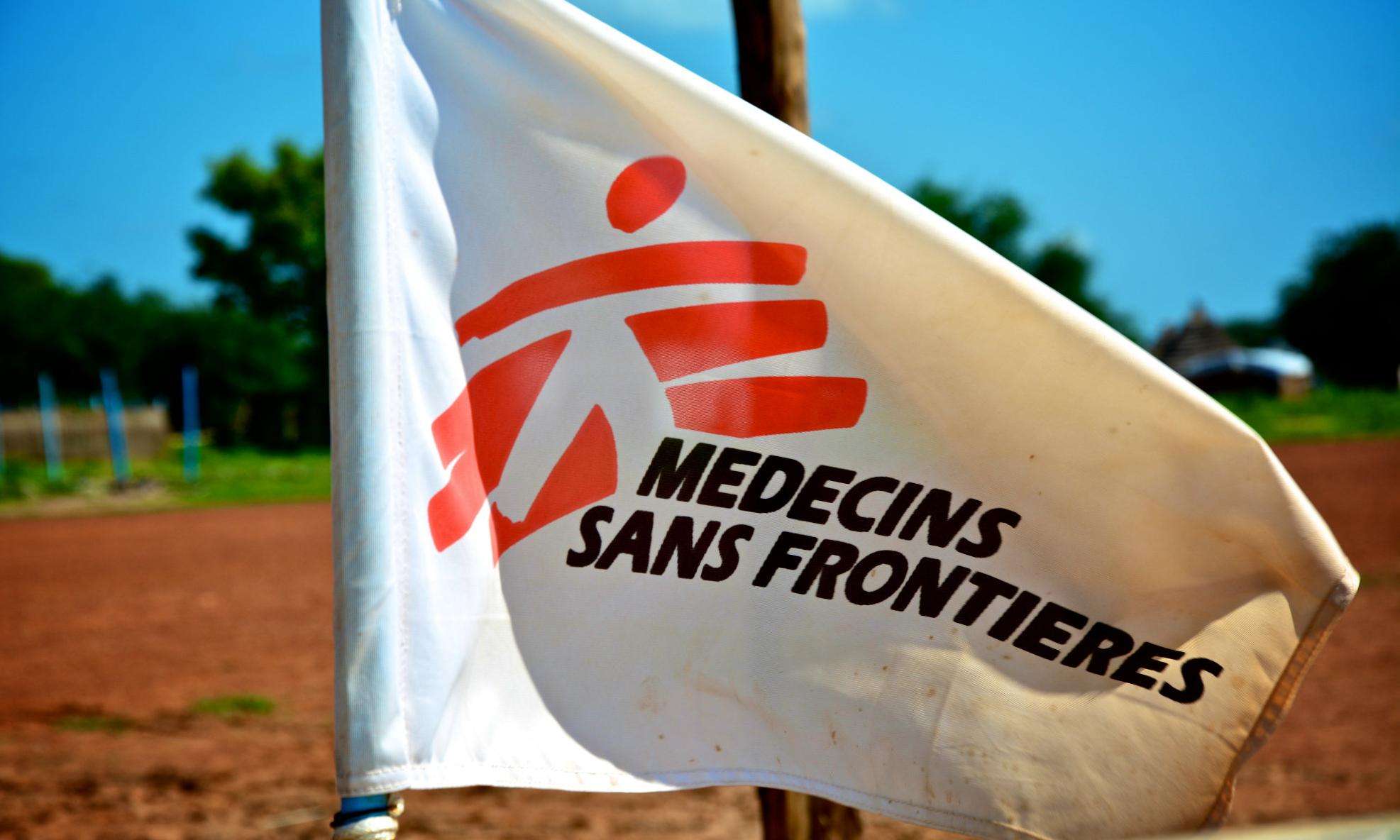Atlanta, November 15, 2006 — In research presented at the 55th Annual Meeting of the American Society of Tropical Medicine and Hygiene (ASTMH), the international emergency medical aid organization Doctors Without Borders/Médecins Sans Frontières (MSF) and its research affiliate, Epicentre, showed how rapid, mass vaccinations can reduce the toll inflicted by measles epidemics in Africa. In light of these and other findings, MSF feels there is enough evidence for the WHO to revise its current policy recommendations, which doubts the effectiveness of mass immunization once an epidemic has started, stating that such campaigns would be undertaken too late to have any meaningful impact.
MSF Report![]() Exploring the time to intervene with a reactive mass vaccination campaign in measles epidemics
Exploring the time to intervene with a reactive mass vaccination campaign in measles epidemics
Atlanta — In research presented at the 55th Annual Meeting of the American Society of Tropical Medicine and Hygiene (ASTMH), the international emergency medical aid organization Doctors Without Borders/Médecins Sans Frontières (MSF) and its research affiliate, Epicentre, showed how rapid, mass vaccinations can reduce the toll inflicted by measles epidemics in Africa. In light of these and other findings, MSF feels there is enough evidence for the WHO to revise its current policy recommendations, which doubts the effectiveness of mass immunization once an epidemic has started, stating that such campaigns would be undertaken too late to have any meaningful impact.
Following MSF emergency interventions in Niger, Chad, Nigeria, and the Democratic Republic of Congo (DRC), Epicentre found that early intervention can lead to a high proportion of averted cases. Retrospective mortality surveys also showed that measles epidemics last longer than previously thought, allowing enough time to intervene and carry out emergency immunization programs. One outbreak in Kinshasa, DRC, lasted more than 40 weeks during 2002 and 2003.
"We know we have time to respond during measles epidemics, and the vaccine is effective just a few days after vaccination," said Rebecca Grais, an epidemiologist who helped lead the study. "Sadly, the fact that the WHO does not promote vaccination campaigns during an epidemic only hinders an effective emergency response."
In Ndjamena, Chad in 2005, MSF proposed a mass vaccination campaign six weeks and then again 13 weeks into an outbreak, but was refused both times. MSF conducted the campaign nineteen weeks after the epidemic began, and subsequently helped raise vaccination coverage in the area from 30% to 85% in a matter of weeks.
In recent years, measles deaths have declined substantially in Africa but recurrent, cyclical outbreaks occur in many countries — often after 1-3 years of low incidence — and measles remains a major cause of death for children in Africa.
"While laudable progress has been made in reducing measles deaths, the toll from measles is still unacceptably high," said Philippe Guerin, deputy director of Epicentre. "We are talking about a vaccine that costs 30 cents a dose for a completely preventable disease. Improvements should not overshadow the intensive efforts and funding mechanisms needed, especially during outbreaks."




